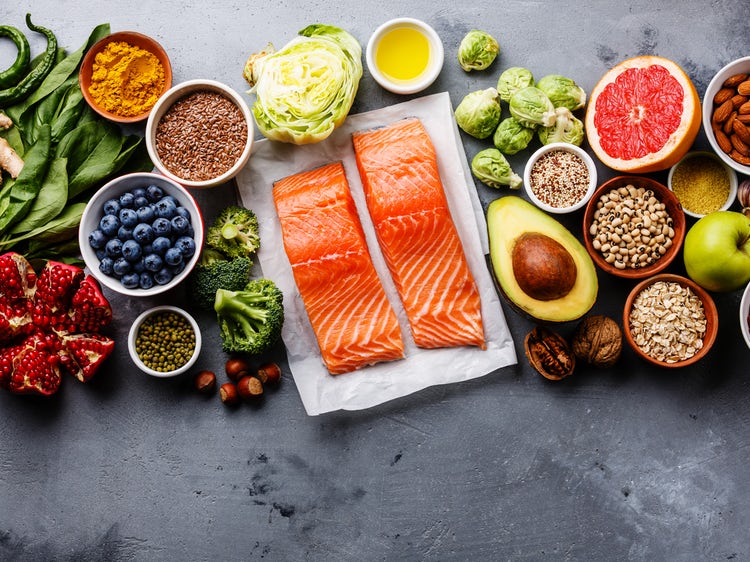The flexitarian regime, derived from “flexible vegetarian”, also called a semi-vegetarian diet, is not so much a diet but a lifestyle choice.
There are various reasons why people choose to become flexitarians. Some do so for ethical and environmental reasons – to reduce the amount of livestock killed, or to reduce their ecological footprint by reducing the consumption of meat. Others do so for health reasons – by reducing meat consumption, one can reduce their risk of cardiovascular and other diseases. Others also adopt this diet for weight loss – by switching to a plant-based, and therefore more fiber-full, low-fat diet, it’s much easier to lose weight and maintain a healthy lifestyle.
The flexitarian diet does not have any specific rules like specific recipes or exact quantities. It offers instead these basic guidelines:
- Most of your diet should consist of fruits, vegetables, legumes, and whole grains
- Get your proteins mainly from plants instead of animals
- Incorporate meat and animal products once in a while – start by limiting yourself to twice a week but this can be adjusted on an individual basis
- Reduce the consumption of processed foods, sticking to whole foods as much as possible
- Limit the consumption of added sugar and sweets.
Proven health benefits of this diet include a lower risk of diabetes, cardiovascular disease, and certain cancers, as well as weight loss. Eating more plant protein instead of meat is also good for the planet, using fewer fossil fuels, land, and water.
On the other hand, since processed foods and meats are discouraged, this regime may require more home cooking, which can be time-consuming. The other deterrent is the higher cost of purchasing organic produce and free-range, grass-fed meats.
Yes, You Can:
- Proteins: Soybeans, tofu, tempeh, legumes, lentils.
- Non-starchy vegetables: Greens, bell peppers, Brussels sprouts, green beans, carrots, cauliflower.
- Starchy vegetables: Squash, peas, corn, sweet potato, parsnips.
- Fruits: Apples, oranges, berries, grapes, cherries, stone fruits.
- Whole grains: Quinoa, teff, buckwheat, farro, spelt, brown rice.
- Nuts, seeds and other healthy plant-based fats: Almonds, flaxseeds, chia seeds, walnuts, cashews, pistachios, brazil nuts, peanut butter, avocados, olives, coconut.
- Plant-based milk alternatives: almond, coconut, hazelnut, hemp and soy milk (Unsweetened only).
- Herbs, spices, and seasonings: Basil, oregano, mint, thyme, cumin, turmeric, ginger, paprika.
- Condiments: soy sauce, vinegar, salsa, mustard, nutritional yeast flakes, ketchup without added sugar.
- Beverages: Still and sparkling water, tea, coffee.
When Consuming Animal Products, Choose The Following As Much As Possible:
- Eggs: Organic, Free-range or pasture-raised.
- Poultry: Organic, free-range or pasture-raised.
- Fish: Organic, Wild-caught, sustainable, and/or local and seasonal
- Meat: Organic, Grass-fed or pasture-raised.
- Dairy: Organic from grass-fed or pastured animals.
No, You Can’t:
- eat meat and fish every day
- Processed meats: Bacon, sausage, bologna.
- Refined carbs: White bread, white rice, bagels, croissants.
- Added sugar and sweets: sweetened drinks, cookies, cakes, candy.
- Fast food: Fries, burgers, chicken nuggets, milkshakes.


